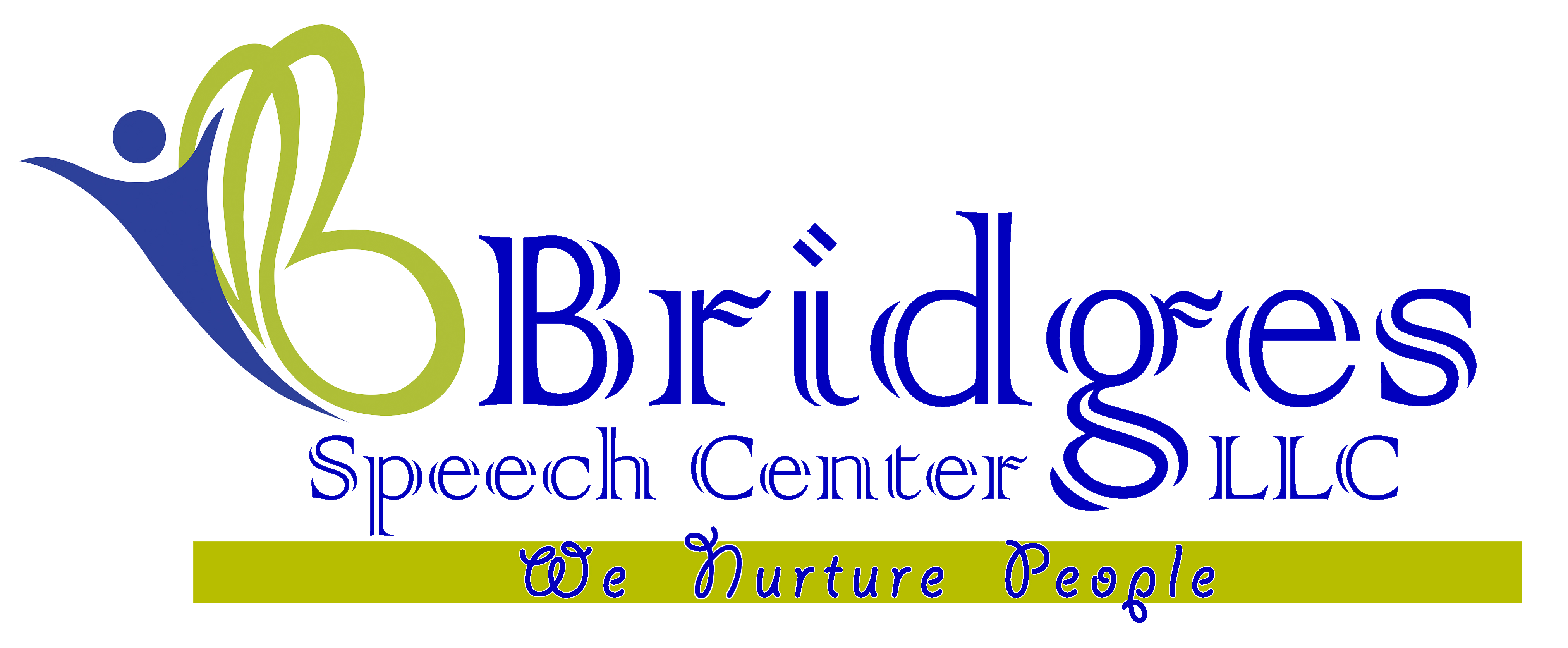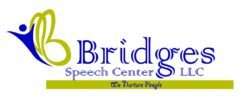- About Us
- Our Services
- Speech Therapy
- Speech and Language Therapies for Adults in Dubai
- Speech and Language Therapies for Children in Dubai
- Accent therapy
- Augmentative Alternative Communication (AAC) Therapy
- Articulation Speech Therapy
- Auditory Processing therapy/ Auditory verbal therapy
- Language Intervention: Speech Delay therapy
- Oral Motor Therapy
- Play Based therapy
- PROMPT/DTTC/RePT for Childhood Apraxia of Speech
- Social communication/Pragmatic language therapy
- Stuttering / Stammering therapy Program
- Spellography Program for Dyslexia
- Voice Therapy
- Feeding Therapy
- Occupational Therapy
- Sensory Integration
- Clinical Psychology & Psychotherapy
- Cognitive Behavioral Therapy(CBT)
- ABA /Behavior Therapy
- Bridge Learning Program
- Group therapy
- Summer/Winter Program
- Telehealth Services
- Training Program/CEU
- Internship/ Observership
- Speech Therapy
- Super Team
- Collaboration
- Training Course
- News/Blogs
- About Us
- Our Services
- Speech Therapy
- Speech and Language Therapies for Adults in Dubai
- Speech and Language Therapies for Children in Dubai
- Accent therapy
- Augmentative Alternative Communication (AAC) Therapy
- Articulation Speech Therapy
- Auditory Processing therapy/ Auditory verbal therapy
- Language Intervention: Speech Delay therapy
- Oral Motor Therapy
- Play Based therapy
- PROMPT/DTTC/RePT for Childhood Apraxia of Speech
- Social communication/Pragmatic language therapy
- Stuttering / Stammering therapy Program
- Spellography Program for Dyslexia
- Voice Therapy
- Feeding Therapy
- Occupational Therapy
- Sensory Integration
- Clinical Psychology & Psychotherapy
- Cognitive Behavioral Therapy(CBT)
- ABA /Behavior Therapy
- Bridge Learning Program
- Group therapy
- Summer/Winter Program
- Telehealth Services
- Training Program/CEU
- Internship/ Observership
- Speech Therapy
- Super Team
- Collaboration
- Training Course
- News/Blogs
How to help my kid to talk?Home remedies for late talking child?
Bridges Speech Center
January 30, 2020
How to help my kid to talk?Home remedies for late talking child?

Motor development in Down's syndrome? Occupational therapy in Down's syndrome.....
Downs syndrome is also known as trisomy 21. It is a genetic disorder caused by the presence of all or part of a third copy of chromosome 21,which mostly affects child’s physical and mental development.It is the most common chromosomal abnormality, as it affects approximately 1 in 800-1000 births worldwide.
Common features:
- Small ear, nose & mouth.
- Small Feet & hands
- Flat nasal bridge
- Upwards slanted eyes
- Single crease of the palm
- Short stature
- Extra web space between big toe & second toe.
- Mild – moderate intellectual disability
Occupational therapy and down syndrome
Children with Down syndrome cannot develop at the same pace as a typical child does, due to gross motor skill deficits which include hypo-tonia (low muscle tone), ligament laxity (looseness of the ligaments that causes increased flexibility in the joints) and decreased strength. Children with downs syndrome need early intervention i.e. early and consistent therapy. Occupational therapy address deficits in gross motor skills, fine motor skills, self care skills, cognitive skills, visual perceptual skills, oral motor skills and sensory processing skills.
Following are the areas addressed by occupational therapist.
- Oral motor skills– Occupational therapist assist Downs syndrome in Oral- Motor feeding problems (this can also be addressed by speech therapist). Due to hypotonia ( low tone) there is weakness of cheeks, tongue and lips. Feeding is difficult for some infants with downs syndrome. Occupational therapist can suggest them proper positioning and feeding techniques.
- Fine motor skills– Occupational therapist also helps to facilitate fine motor skills which are very important as it is ability for the child to control small muscles which enables functions such as writing , grasping small objects & fastening clothes. Occupational therapist often uses play as the medium to develop these skills such as pickup and release toys of various sizes and shapes, stacking manipulate knobs and buttons and colour with crayons.
- Cognitive skills– Occupational therapy also helps in improving attention, memory and problem solving skills by engaging them in purposeful and age appropriate activities such as fixing puzzle and finding path while walking through a obstacle course.
- Visual Perception skills- It also helps to improve visual perception skills which are very important for writing or reading words, such as figure ground perception and visual discrimination. For example, finding a pair of shoes from a shoe rack or locating a pencil in a box.
- Activities of daily living – The primary goal of an Occupational therapist is to promote independence in daily activities such as feeding, dressing, eating etc. OT uses different strategies to teach them like ADL boards, breaking them in small steps and using techniques such as forward chaining and backward chaining or suggesting them a proper adaptation or strategy. For example, teaching a child to feed himself with the help of a particular spoon.
- Sensory processing skills– A child who has Down’s syndrome may have sensory processing skills issues. They might find it difficult to integrate their senses of touch, smell, vision, hearing, taste, balance and movement sense and for use it for daily activities. They may be over- responsive or under-responsive and may have craving for certain stimuli or textures. Occupational therapist uses sensory integration approach to address these issues. It helps to regulate our stimulation levels which improves the ability to attend the task and also organizes and calms down the brain.
- Activities include:
- Vestibular (Balance and movement sense)- Bouncing on the therapy ball, Jumping on the trampoline.
- Proprioception (joint muscle and body awareness sense)- Climbing on the climbing wall, pulling a wagon, carrying laundry basket, etc.
- Tactile – Brushing, Massaging, Play doh.
Mr. Amol Atulkar
Occupational therapist

Parkinson's and letter to spouse ....How to help?
Parkinson’s disease is a progressive disorder of the Central Nervous System that mainly affects the motor system. Apart from various movement issues such as stiffness and tremors it also affects Speech and swallowing. Impact on all these essential functions affects the quality of life of individuals with Parkinson’s disease. It is very important for family members to be around for emotional support and motivation.
Parkinsonism occurs due to deficiency of a hormone called Dopamine. It is a neurotransmitter which is produced by the cells of a specific part of the brain called Substantia Nigra. When more than 90% of these cells are damaged, it leads to a significant reduction in Dopamine, leading to symptoms of Parkinson’s disease.
Following tips may be useful for people suffering from Parkinson’s disease.
Emotions: Dopamine is also known as the “happy hormone”.
Lack of this happy hormone leads to difficulty in thinking, poor memory and irritability. This deficiency of Dopamine is the reason why many patients with PD show boredom and depression. As a family member or spouse, it is very crucial to understand the impact of Dopamine on the patient’s emotions, memory and personality. The patient’s seemingly rude behavior and emotional outbursts are due to this underlying hormonal deficiency.
Tips:
- Do not hold grudges or stop talking to the patient over episodes of rude behavior. Irritability can be due to depletion of Dopamine levels.
- Be patient. Do not finish their sentences for them.
- Try to hold conversations on topics that interest them.
- Do not mock them on their clumsiness.
Speech/Voice: Many patients with PD show Dysarthria (Speech motor disorder) where speech may show variation in rate of speech, loudness and monotonicity (lack of intonation). It makes it difficult for a listener to interpret the message.
Tips:
- Try to maintain eye-contact while speaking with the patient. While talking, touch the patient on the back of the palm or shoulder to gain attention.
- Reading lip movements will help listeners to understand their speech better.
- Listen carefully to the speaker. Try to reduce background noise to reduce the effort of speaking.
- Rigid facial muscles affect effective communication using facial expression. Lack of expression does not mean they don’t understand you.
- Use close ended questions which can be answered with a simple yes/no.
- To reduce impact of rigidity in oral musculature movement. Oral motor exercises need to be done consistently. Caregiver or spouse can assist in these exercises.
Swallowing: Exercises to improve swallowing needs to be done under supervision as it can be tricky. A Speech therapist or Swallowing therapist may be approached for the same.
Tips:
- Smaller amounts and consistent texture of food will help. Do not mix hard and soft food items together.
- Proper chewing prior to swallowing.
- Drinking plenty of water helps.
- Diet control is an important part. Intake of low fat and nutritious food items helps in controlling weight.
Cognitive impairment: To some extent, person with PD shows cognitive impairments such as slowness in memory and thinking.
Tips:
- Simple visual or auditory memory exercises will help depending on the degree of impairment. For example, arranging objects according to patterns, remembering visual or auditory sequencing of objects or numbers.
Hallucinations and delusions are possible complications of Parkinson’s disease. Hallucinations and delusions are most often caused by high levels of dopamine in the brain. This is generally due to the medications used to manage motor symptoms of PD. Consult a Neurologist if symptoms persist. Adjusting the medication can control this issue.
Understanding Parkinson’s disease and its effects better, shall help caregivers and spouses to reduce its impact on the patient as well as the family. These patient’s need your valuable support and motivation even though they may not be able to express their gratitude adequately.
Ms.Rupali Ranjitth
Speech and Language Pathologist



Recent Posts
Have Any Question?
If you would like to register for any of our services or upcoming training programs, contact us…

